Organic products are becoming more popular these days and the demand for Hishtil's Organic herbs is increasing accordingly. "The demand for organic food/products has been on the rise in recent years in most of the developed world", Rafi Gamson, Head of the Agriculture Department at the Institute of Quality and Control (IQC), the Organic Certification body of Hishtil had stated.
Furthermore, he stated that "It is visible that since the organic regulations have been approved, over 10 years ago, the farmers and producers have achieved professionalization with a significant learning curve and difficulties that were at the beginning of the road was overcome. Same as in Hishtil and to what has happened in the EU and the USA".
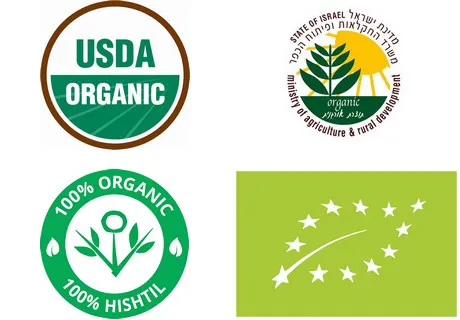
Public consciousness
Organic sales account for over 4 percent of total U.S. food sales, according to recent industry statistics. Hishtil has mapped this trend a few years ago and it seems that the main reason for consuming organic products is due to health issues. “People are making the equation of organic is equal to zero chemical residues and the fact that the organic products are controlled by strict certifications bodies is supporting the public consciousness regarding the value of the organic product”, adds Nadav Pass, R&D Manager at Hishtil.
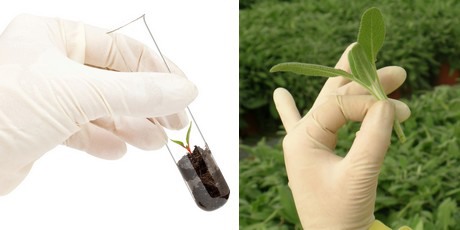
“Organic standard is challenging”
In 2010, Hishtil has established the organic herbs product line with a relatively small volume of production and has been growing since then. Pass: “The organic standard is very challenging, mainly due to the need of producing plant propagation material within the standards of both chemical residues and pathogen-free. The integration of well-known tools such as chemical control, with innovative models for inspection and effective application enable meeting the strict standards set out in each of the target countries is our main interest.”
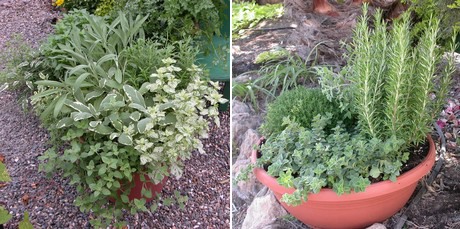
Improved plant’s tolerance to stress
The struggle to meet the goals of producing plant propagation material free of chemical residues together with being clean from pathogens forced Hishtil's R&D team to develop new innovative growing protocols. “And in many cases, this resulted in an improved plant's tolerance to stress”, says Pass.
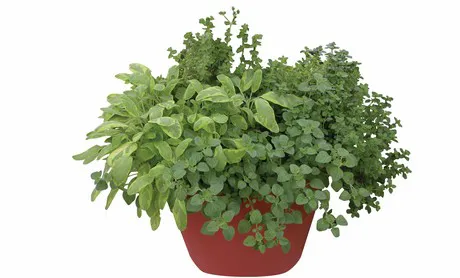
Organic Varieties list doubled
Hishtil's strategy is to increase the organic herbs assortment and thus more than 30 new varieties have been added to their 2020 assortment, which has more than doubled their organic varieties list.
“We choose to add varieties which brings added value to our clients, for example: A new Sweet potato Series: Treasure Island™, which combines unique edible leaves and tuber colors for the hobby market, and special herbs with a very interesting scent, aroma and flavor like Hesperozygis x satureja 'Midnight Mojito' with nice lemon scent and purple flowers, and many more.”
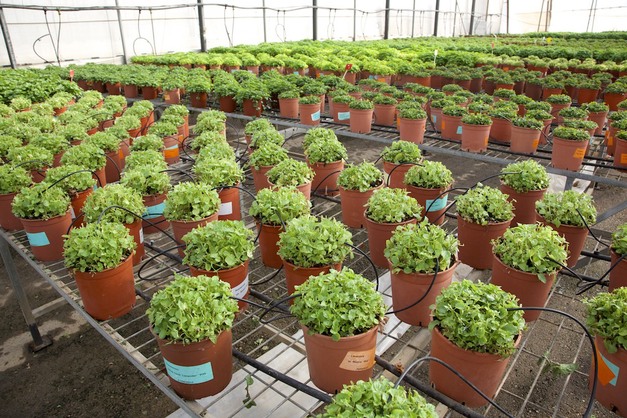
Organic pest management
Hishtil's organic pest management includes climate control and physical barriers to avoid pest establishment, combined with registered organic pesticides and biological control agents. “The key factors we are using for managing pest control involve integrated pest management, designed for nurseries and propagation industry; we use R&D, working procedures, inspection and monitoring, physical barriers and continuously updated databases.”
Increasing organic herbs segment
Hishtil's view regarding the near future is to continue increasing the organic herbs segment, not only for hobby horticultural markets but also for other industries - such as MAPs (Medicinal and Aromatic Plants), explains Pass. “The standards and regulations would be even more challenging as regards to the organic produce in the near future and this will force organic producers to keep investing in new Agro-technic tools and procedures in order to develop effective tools within the value chain to support the production.”
For more information Hishtil
Hishtil
Nadav Pass
Email: [email protected]
www.hishtil.com
